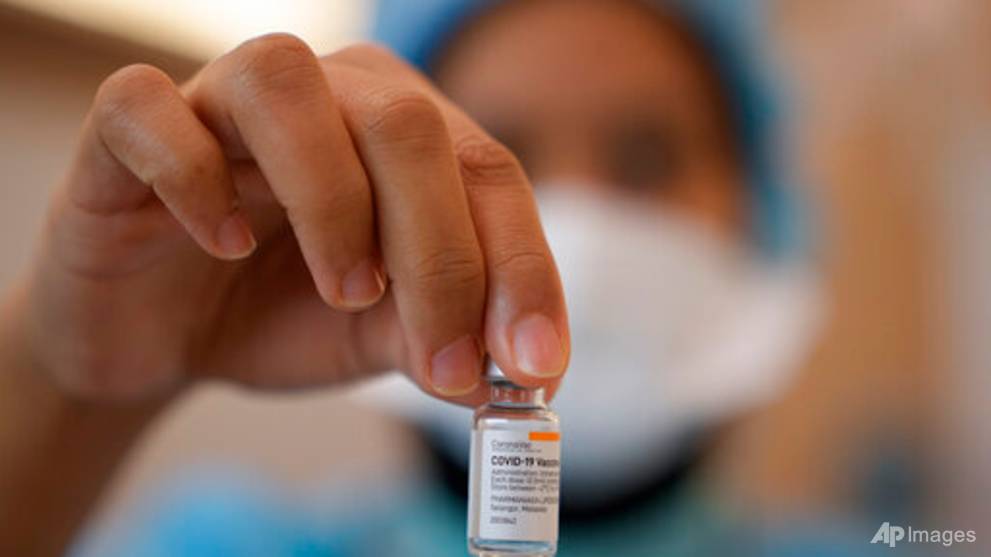
KUALA LUMPUR: Malaysia's health ministry on Thursday (Jul 15) said the country will stop administering the COVID-19 vaccine produced by China's Sinovac once its supplies end, as it has a sufficient number of other vaccines for its programme.
Malaysia's inoculation drive will be largely anchored by the Pfizer-BioNTech mRNA vaccine moving forward, health minister Adham Baba told a news conference with other top ministry officials.
The Southeast Asian country has secured about 45 million doses of the Pfizer-BioNTech vaccine, enough to cover 70 per cent of the population, compared to 16 million doses of Sinovac's shot, the officials said.
"About half of the 16 million have already been distributed, so the rest will be used to cover second doses," Adham said.
"For those who have yet to be vaccinated, they will receive the Pfizer vaccine."
READ: More than 13,000 new COVID-19 cases in Malaysia in 3rd straight day of record numbers
READ: Malaysia government mulls giving 'leeway' to those fully vaccinated against COVID-19: PM Muhyiddin
The government had previously said it had secured 12 million Sinovac doses, as part of a deal which would see state-linked firm Pharmaniaga carrying out a fill-and-finish process on the vaccine for local distribution.
The announcement to stop using Sinovac's inactivated virus vaccine comes amid increasing concern over its efficacy against new and more contagious variants of the coronavirus.
Neighbouring Thailand this week said it would use the AstraZeneca vaccine as a second dose for those who received the Sinovac shot, while Indonesia is considering a booster shot for those who received the two-dose Sinovac course.
READ: Thailand defends COVID-19 vaccine 'mix-and-match' after WHO warning
Other vaccines approved in Malaysia include those of AstraZeneca, China's CanSino Biologic and the Janssen vaccine of Johnson & Johnson.
Malaysia also plans on Friday to announce its decision on whether to add the vaccine of China's Sinopharm, officials said.
With 880,782 cases and 6,613 deaths so far, Malaysia has one of Southeast Asia's highest per-capita infection rates, but also one of its highest inoculation rates, with about 26 per cent of its 32 million population receiving at least one dose of a COVID-19 vaccine.
BOOKMARK THIS: Our comprehensive coverage of the COVID-19 pandemic and its developments
Download our app or subscribe to our Telegram channel for the latest updates on the coronavirus outbreak: https://cna.asia/telegram
https://news.google.com/__i/rss/rd/articles/CBMia2h0dHBzOi8vd3d3LmNoYW5uZWxuZXdzYXNpYS5jb20vbmV3cy9hc2lhL21hbGF5c2lhLXNpbm92YWMtY292aWQtMTktdmFjY2luZS1zdG9wLXVzaW5nLXN1cHBseS1lbmRzLTE1MjI3MDc00gEA?oc=5
2021-07-15 14:37:30Z
52781733833524
Tidak ada komentar:
Posting Komentar